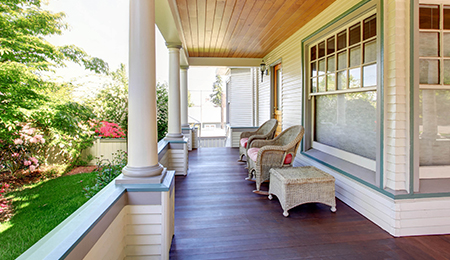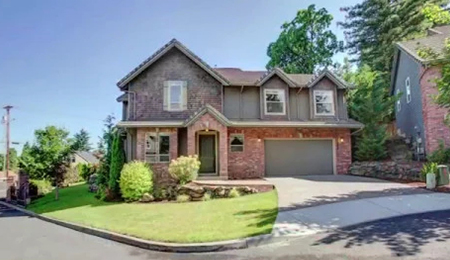Here’s what usually happens to real estate enduring a recession.
There’s a lot of fear in the news right now about a potential recession. According to Bloomberg, 68% of investors believe we’ll be in a recession by 2024. Meanwhile, 48% believe one will hit by 2023 or the end of 2022. What happens to real estate during a recession? Today I’ll use past experience and data to explain the answer.
During COVID, many people thought we were heading into a prolonged recession. However, the economy held on fairly strongly. In fact, many sectors of the economy experienced a boost during the height of the pandemic.
This means we have to head back to 2008 to look at the last recession. This recession was caused in part by the housing market crash, so it makes sense that prices plummeted during this time. In some areas, prices fell by as much as 20%.
However, 2008 was a bit of an anomaly. If we look at the previous recession in 2001, we see that housing prices increased by 6.6%. In 1991, home values only decreased by 1.9%. In 1980, prices appreciated by 4.4%.
“Supply is low, and many buyers are trying to purchase a house before rates rise any further. ”
Why do prices usually remain stable during a recession? When the economy is in flux, people put their money into hard assets like real estate. I’m not saying the real estate market won’t be affected by a recession at all, but things should remain relatively stable.
We aren’t technically in a recession yet, but the market is already starting to slow slightly due to rising interest rates. Many buyers have had to leave the market because they can no longer afford homes. That being said, the market is still very strong. Supply is low, and many buyers are trying to purchase a house before rates rise any further.
In the first week of May in Metro Portland, inventory was down 7%. Pendings were about even, but closed sales were down 7%. In Southwest Washington, active listings were down 3.8%, pendings were down 6.3%, and closed sales were down 2.8%. In Salem, active listings were down 2%, pendings were down 1.4%, and closed sales were up 5.8%.
The truth is that when demand is this high and supply is this low, a crash can’t happen. If rates increased to 11% or 12%, that would be a different story, but I don’t see that happening. Instead, our crazy-fast market will slow down slightly.
If you have questions about today’s topic or anything else, please call or email me. I am always willing to help!




